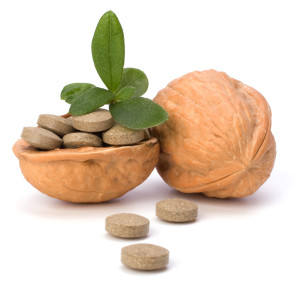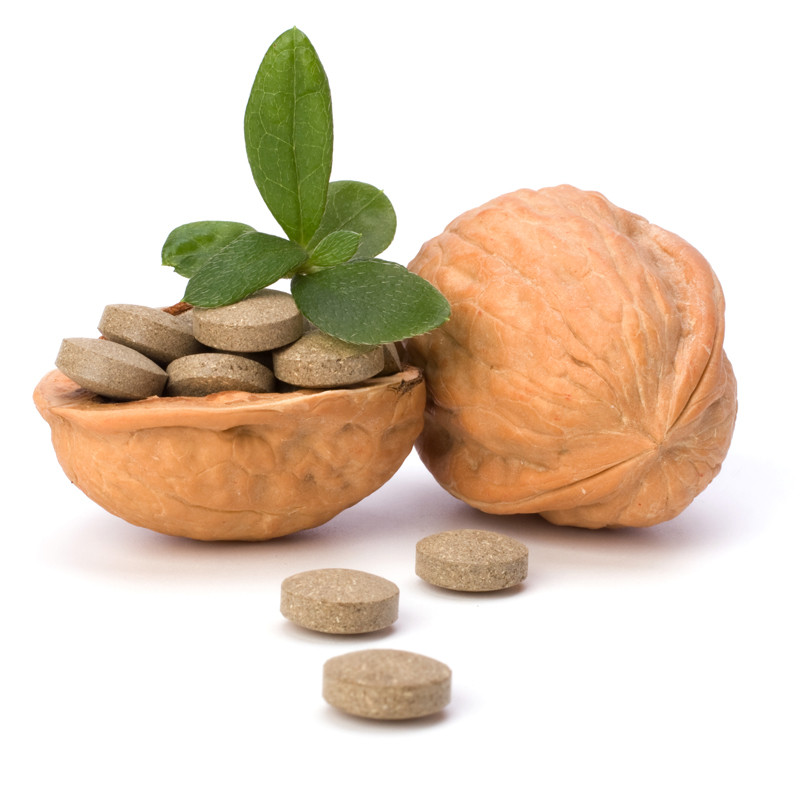A client asks: “…is there such a thing as all-natural multi-vitamins? If so, would you recommend any?” 

There really is NO such thing as ‘all-natural’ multi-vitamins, if what you mean is “100% extracted from food”. If there were, they would be extraordinarily expensive, and actually, quite low in potency per tablet. It is much cheaper for companies to synthesize vitamins like vitamins C and B complex than to extract them from their source materials. However, synthesized does not equal ‘bad‘; in fact vitamin C and the B complex vitamins are routinely manufactured by bacteria and yeasts through fermentation of foods, in laboratories, for this purpose. These vitamins are identical to the vitamins found in food.
However, one of the vitamins that is important to obtain through natural sources instead of synthetic is vitamin E. That’s because the synthetic version is only half as bio-available (re: useful) as the naturally sourced E. This is why better vitamin manufacturers use d-alpha tocopherol, a natural form of this antioxidant vitamin, in their multi-vitamin products.
True, there are some products that claim to be ‘whole food’ vitamins, but in reality they are using the process identified above and then add some fruit and vegetable powder to the tablets to complete the image. These are, in no way, ‘bad’ products—but they may not be any more effective–just more expensive. Besides, the purpose of a multi-vitamin product is not to replace FOOD–rather, it’s meant to complement the diet and make up for its shortfalls.
Purchasing a multi-vitamin mineral product in a health food store or from a nutritional practitioner is usually a good way to ensure you are getting a product that is free of unwanted ingredients (artificial colours, flavours, sweeteners and preservatives, as well as common allergens like egg, milk and gluten). Of course, it’s also a great way to ensure you are topping up the nutrients that are depleted by physical, chemical, and mental/emotional stress. Did you take your multi-vitamin today?
